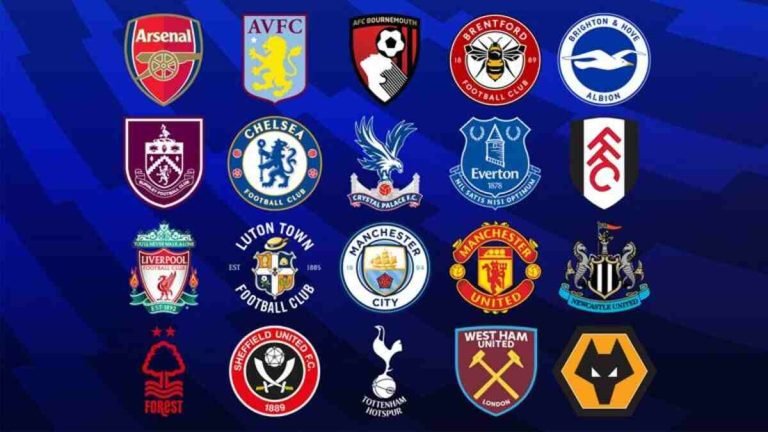
In a bold move to maintain financial stability and ensure competitive balance, Premier League clubs have reached a preliminary agreement on a new spending rule.
This rule introduces a spending cap that directly ties the expenditure limits of clubs to the television earnings of the club that earns the least from TV revenues, a method commonly referred to as “anchoring.”
This decision, however, did not come with unanimous support. Powerhouses such as Manchester City, Manchester United, and Aston Villa decided to vote against this proposed cap.
Their disagreement suggests a concern about the limitations this rule would place on their spending abilities, which are traditionally much higher due to their stronger financial standings. On the other hand, Chelsea chose to abstain from voting, indicating a neutral stance on the matter, neither opposing nor endorsing the cap.
The main goal of this anchoring strategy is to create a fairer playing field where all clubs have an equal chance of success, without the differences caused by varying financial strengths.
By anchoring club spending to the earnings of the lowest earner from TV revenues, the league aims to prevent wealthier clubs from using their financial muscle to outspend and, by extension, outperform the smaller clubs. This approach is expected to keep the competition lively and unpredictable, maintaining fan interest across all matches and seasons.
Critics from the clubs voting against or abstaining might argue that such a cap could stifle growth and investment in the league. These clubs may feel that limiting their spending based on the TV earnings of the lowest-earning club might not only restrict their ability to attract top talent but also impact their strategies for long-term growth and competitiveness.
In essence, while the anchoring method seeks to democratize financial capabilities among Premier League clubs, it also sparks a debate about the best way to promote competitive balance without hindering ambitious clubs from striving for excellence and growth.
As this rule moves from a preliminary agreement to a potentially binding regulation, it will be interesting to see how it reshapes the strategies of these footballing giants and the overall dynamics of the league.